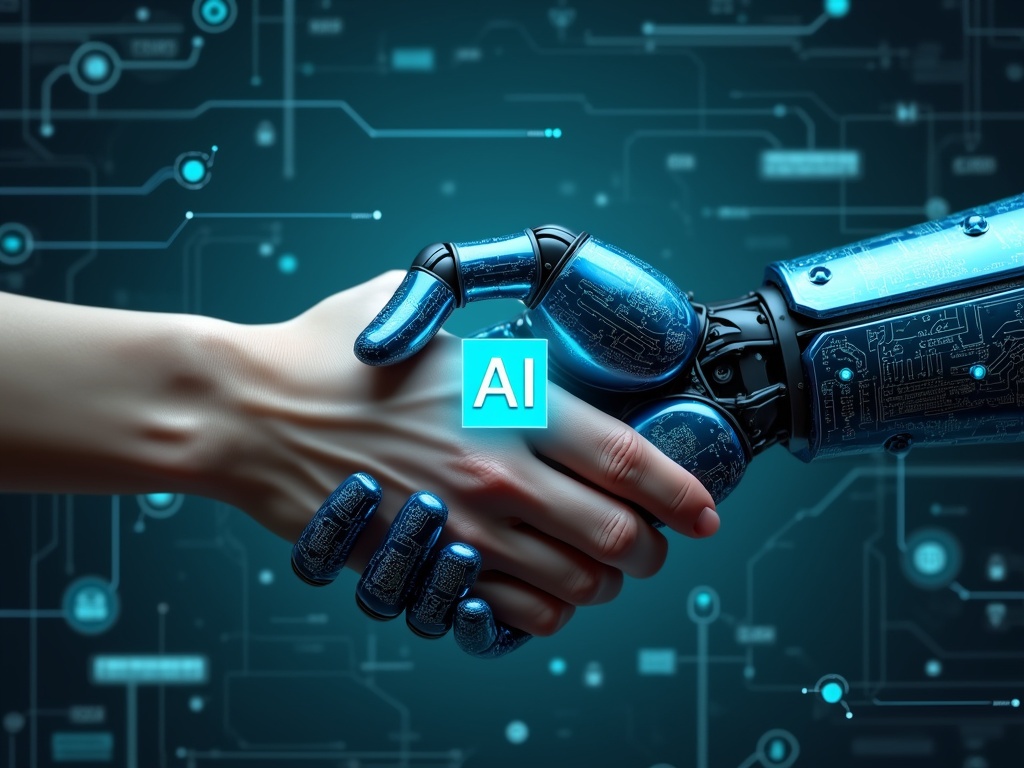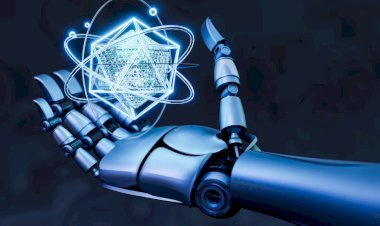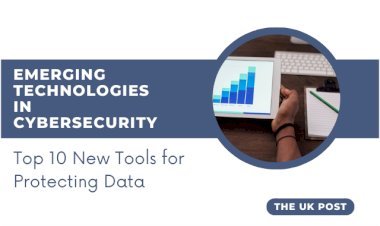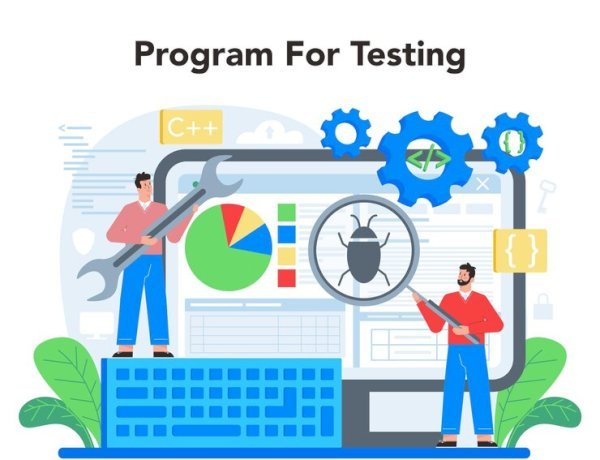The Role of Artificial Intelligence in Streamlining Knowledge Management Processes
Explore the role of artificial intelligence in knowledge management. Learn how AI enhances search engines, decision-making, and collaboration for smarter business strategies.

In 2025, organizations are facing an unprecedented surge in information volume—from reports, documents, and emails to videos, chat logs, and social media posts. This vast and constantly growing data stream makes effective knowledge management (KM) more important than ever. The global KM market, valued at approximately US $773.6 billion in 2024, is projected to reach US $3.56 trillion by 2034, growing at a 16.5% CAGR (Fact.MR, 2025). This growth is being fueled by the integration of artificial intelligence (AI), which enables organizations to capture, organize, and retrieve knowledge more efficiently. By combining natural language processing (NLP), machine learning (ML), and advanced analytics, AI-powered KM systems are transforming decision-making, boosting collaboration, and driving innovation.
AI-Powered Search: Making Information Easy to Find

Image source: www.shutterstock.com
One of the most powerful ways AI is transforming KM is through advanced search capabilities. Traditional search tools rely heavily on keyword matching and often fail to deliver relevant results for vague or incomplete queries. AI-powered search engines, however, leverage semantic search, NLP, and knowledge graphs to understand context and intent, producing highly accurate and relevant results.
According to Livepro’s 2025 Knowledge Management Trends report, 38% of KM teams use AI to recommend relevant content, 31% use generative AI to create new materials, and 28% leverage AI-driven search to retrieve information instantly. These tools not only reduce search times—studies show they can cut them by up to 50%—but also proactively suggest documents or contacts users might not have thought to look for, improving both efficiency and productivity.
Improving Decision-Making with AI Analytics

Image source: imageio.forbes.com
AI-driven KM systems go beyond search—they transform data into actionable insights. By processing both structured and unstructured data at scale, AI can uncover patterns, detect anomalies, and forecast trends far faster than human analysts.
Faster, Data-Driven Strategies
Organizations that implement AI in their KM systems are 13 times more likely to outperform competitors and often report productivity gains of 25% or more (Gitnux, 2025). Moreover, 70% of executives surveyed credit AI analytics with improving the quality and speed of their decision-making. These systems can identify risks early, recommend optimal strategies, and help leaders act proactively in competitive markets.
Read Also: Artificial Intelligence in Business: 7 Roles Transforming Companies in 2025
Enhancing Collaboration Through AI

Image source: smythos.com
In 2025, as remote and hybrid work environments become the norm, AI is playing a critical role in breaking down barriers to collaboration.
Breaking Down Knowledge Silos
AI recommendation engines ensure that valuable insights are shared across teams instead of being trapped in departmental silos. For example, if a customer service team discovers a new solution to a recurring problem, AI can automatically highlight and deliver that knowledge to relevant sales or product development teams.
AI Assistants for Workplace Support
AI chatbots and virtual assistants are increasingly supporting employees in day-to-day operations. A 2025 report from The Times revealed that 70% of managers now consult AI chat tools (such as ChatGPT or Claude) before approaching human supervisors, valuing their speed and neutrality. These assistants can answer questions, guide users through processes, and help onboard new hires, freeing up managers for strategic tasks.
Handling Unstructured Data with Machine Learning

Image source: www.mygreatlearning.com
One of AI’s greatest strengths in KM is managing unstructured data, which accounts for about 80% of organizational knowledge in 2025. This includes text documents, multimedia content, and customer feedback, which are often hard to organize manually.
Organizing and Tagging Data Automatically
Machine learning algorithms can scan, categorize, and tag large volumes of data automatically, adding metadata that makes retrieval simple. Sentiment analysis tools, for instance, can process thousands of reviews or social media posts to identify patterns in customer satisfaction, providing actionable insights for product and marketing strategies.
Emerging AI Trends in Knowledge Management (2025)

Image source: newo.ai
Agentic AI
Agentic AI—autonomous systems capable of performing multi-step tasks with minimal human input—is one of the top emerging enterprise technologies in 2025. These agents can search databases, compile reports, and even execute follow-up actions without direct oversight (Deloitte, 2025).
Retrieval-Augmented Generation (RAG)
RAG technology combines AI’s generative abilities with real-time data retrieval from internal and external sources, ensuring that responses are both accurate and current. This has become a game-changer for enterprise KM systems that require up-to-date intelligence.
Model Context Protocol (MCP)
Launched in late 2024 and now widely adopted, the Model Context Protocol allows AI systems to securely connect with enterprise databases, CRMs, and KM tools, pulling in contextual information during interactions. This integration makes AI-powered KM systems significantly more useful and accurate for organization-specific tasks.
Challenges and Strategic Considerations

Image source: pinterest.com
Despite its promise, AI in KM comes with challenges. Studies show that 55% of KM initiatives fail due to lack of executive support, poor change management, or insufficient user training. Data readiness is also a major hurdle—78% of companies report that their data systems are not yet optimized for AI agents (TechRadar, 2025). Additionally, as AI tools gain memory capabilities to recall user interactions, privacy and compliance concerns must be addressed through robust governance policies.
Conclusion
In 2025, AI is no longer a supplementary tool for knowledge management—it is central to how organizations capture, organize, and apply information. From speeding up search and improving decision-making to fostering collaboration and managing unstructured data, AI is unlocking unprecedented value. With advancements like Agentic AI, RAG, and MCP integration, KM systems are becoming more autonomous, contextual, and intelligent. However, long-term success will depend on data quality, governance, and organizational readiness. Businesses that invest strategically in AI-powered KM today will be best positioned to innovate, adapt, and lead in the years ahead.
FAQs About AI in Knowledge Management (2025)
1. What is AI in knowledge management?
AI in knowledge management means using smart computer programs to help store, find, and use information in a company. It makes searching faster and gives better answers.
2. How does AI make finding information easier?
AI can understand normal everyday questions, not just special keywords. It shows the best answers and even suggests helpful things you didn’t ask for.
3. Can AI help teams work together?
Yes. AI can share important information with the right people at the right time. This helps teams work faster and avoid repeating the same work.
4. How does AI help with decisions?
AI can read lots of data quickly and find useful patterns. This helps companies make smarter choices and spot problems before they happen.
5. Can AI work with videos, photos, and audio?
Yes. AI can organize and label all types of content, like videos, pictures, and voice recordings, so they are easy to find later.
6. Is there anything to be careful about with AI in knowledge management?
Yes. Companies must keep data safe, train people to use AI well, and make sure the information AI uses is correct and up to date.




























